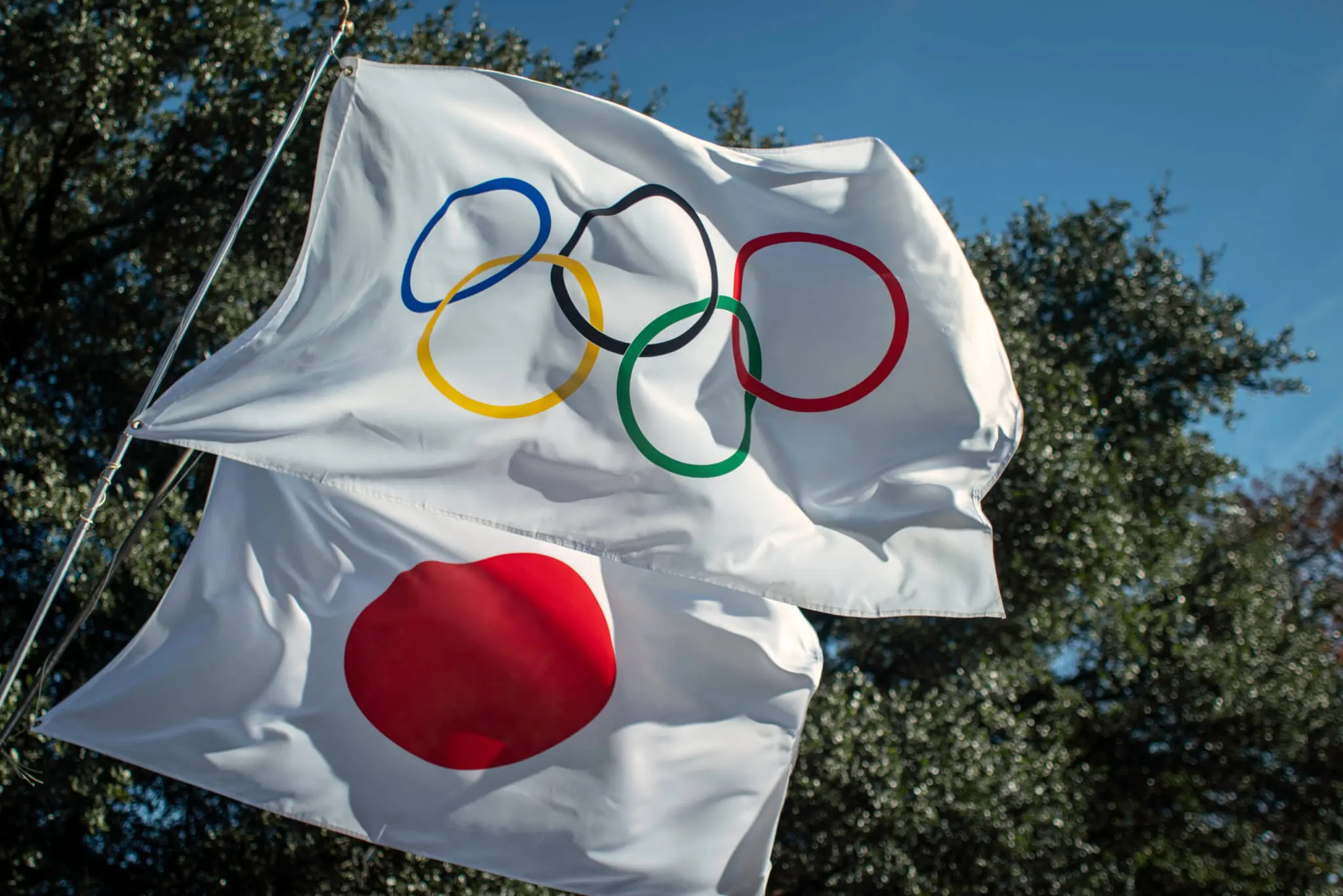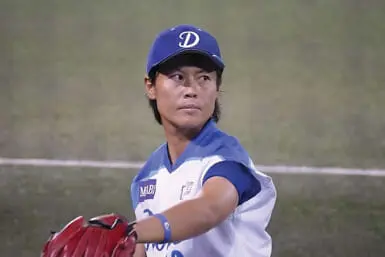With the Paris Olympics officially underway, we thought we’d look back at some of Japan’s most memorable moments at the Summer Games for our latest List of 7.
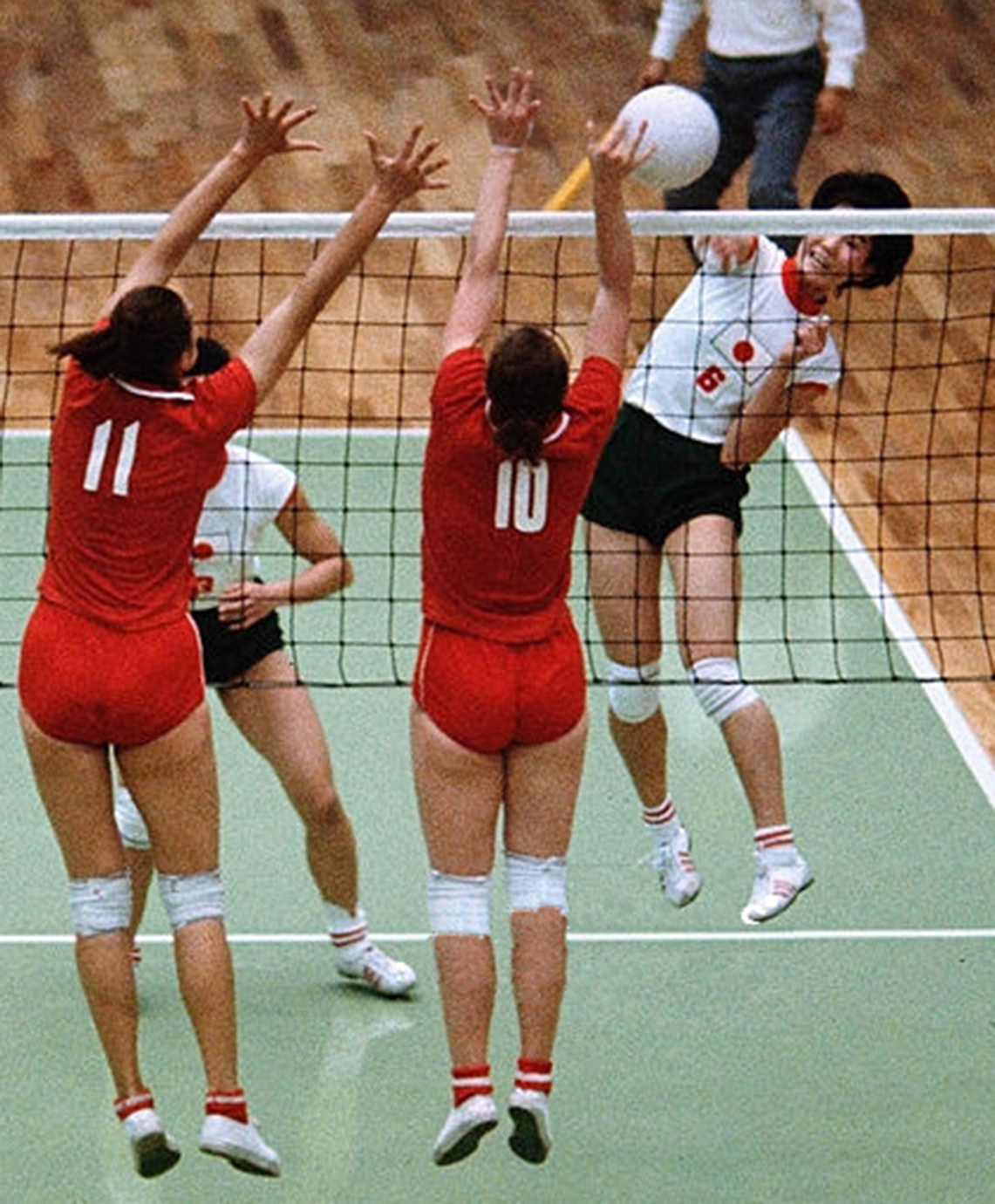
1. The Witches of the Orient: Japan’s Legendary Women’s Volleyball Team
The 1964 Summer Olympics in Tokyo was a huge success for the home nation, helping to create a new global perception of Japan as a modern and peaceful country following eras of military aggression. The hosts won what was then a record 16 gold medals over the course of the Games, with wrestlers and gymnasts accounting for 10 of those.
The most memorable triumph, though, came on the final day in the inaugural women’s volleyball competition as the Japan team — a group of workers from a textile factory in Osaka who became known as the Witches of the Orient — took on a physically stronger Soviet Union side. Two years earlier, Japan had caused a big shock in Moscow when they defeated the home side to win their first world title.
In Tokyo, the Soviet team was out for revenge.
Between the two of them, they’d dropped just one set in their four previous group games. The Japanese side, led by former platoon commander Hirofumi Daimatsu, practiced 10–11 hours daily. The long hours paid off, as the team won the game 3-0, with the largest-ever TV audience in Japan tuning in to watch. “Everything stopped for that final point,” author Robert Whiting told Tokyo Weekender. In 2021, Julien Faraut released a documentary titled The Witches of the Orient about their achievements.
2. Shun Fujimoto: A Flawless Routine With a Broken Kneecap
Between 1960 and 1976, Japan triumphed in an incredible five consecutive team all-around artistic gymnastics competitions. It was a golden era for the country in the sport thanks to legendary figures like Sawao Kato, who topped the podium more times than any other Japanese Olympian, and Takashi Ono, the man with the most medals.
The 1976 Montreal Games was the final Olympics for the former, though it was his teammate Shun Fujimoto who created the biggest headlines.
The Japan team was neck and neck with the USSR when he stepped up to face a 2.4-meter dismount on the rings with a broken kneecap, an injury suffered during his floor routine. Carrying on in silence to help his team, Fujimoto went on to score 9.5 on the pommel horse before achieving a personal best of 9.7 on the rings, somehow managing to maintain his balance. In doing so, he dislocated his already broken knee and damaged ligaments.
“There was no time to feel pity for him,” Kato told The Japan Times. “The competition was going on and we were walking a tightrope. Nobody mentioned the injury or uttered the word ‘heroic.’ Everyone just got on with their jobs.” Japan had to wait 28 years for its next team gold at the 2004 Summer Games in Athens.
3. Yasuhiro Yamashita: A Heroic Victory From Japan’s Greatest Ever Judoka
Another Japanese triumph over adversity came at the Los Angeles Olympics in 1984 when Yasuhiro Yamashita limped his way to victory in the men’s open judo category. An iconic figure, Yamashita looked like he was destined to become the greatest ever judoka to never win an Olympic gold medal. During his freshman year at university, he was selected as a replacement for the Montreal Olympics but didn’t get to perform. Four years later, when Yamashita was at his peak, he once again missed out, as Japan was one of 65 nations to boycott the Moscow Olympics in protest against the Soviet invasion of Afghanistan.
The 1984 LA Games was seen as his last chance for success. The four-time world champion hadn’t lost since 1977 and was, therefore, considered the strong favorite for gold.
Then came the injury.
In his preliminary match against West Germany’s Arthur Schnabel, Yamashita tore his right calf muscle, putting him at a serious disadvantage. Despite his struggles, he managed to overcome France’s Laurent Del Colombo in the semi-final and Egypt’s Mohamed Ali Rashwan in the final. Ali Rashwan was given an award from the International Fair Play Committee for not aiming for his right leg. Yamashita retired in 1985, having won 203 consecutive matches.
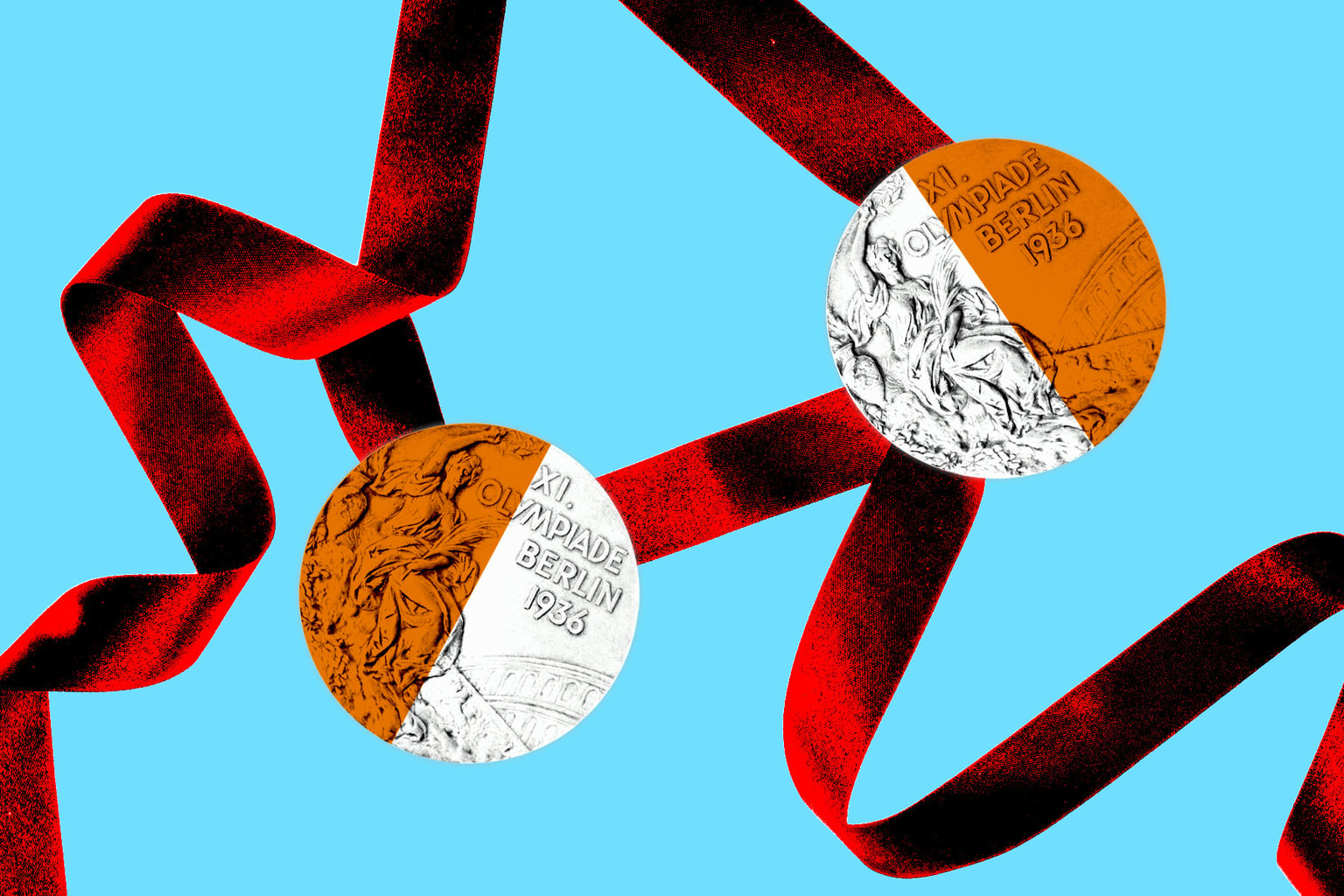
4. Shuhei Nishida and Sueo Oe: The Medals of Friendship
The 1936 Berlin Olympics will always be remembered for the four gold medals won by Black sprinter Jesse Owens, who was credited with “single-handedly crushing Adolf Hitler’s myth of Aryan supremacy.” For Japanese fans, there were six gold medals to enjoy — however, it was arguably a silver and bronze that sparked the most joy.
In the pole vault competition, good friends Shuhei Nishida, a silver medalist at the 1932 Games, and Sueo Oe were competing against each other. Earle Meadows from the United States topped the podium with a jump of 4.35 meters. There was then a three-way tie for second involving Nishida, Oe and America’s Bill Sefton.
When Sefton was eliminated, Nishida and Oe stopped competing, as they wanted to share the silver. The judges refused, informing Japanese officials that they would have to decide who finished second and third. Nishida was subsequently awarded the silver — possibly because he cleared the jump-off height of 4.25 meters on his first attempt — with Oe receiving the bronze.
Unsatisfied with that outcome, the two men decided to take matters into their own hands upon returning to Japan. They went to a jeweler, who cut their medals in half before welding them together, creating the “Medals of Friendship.” Nishida’s is on display at his alma mater, Waseda University.
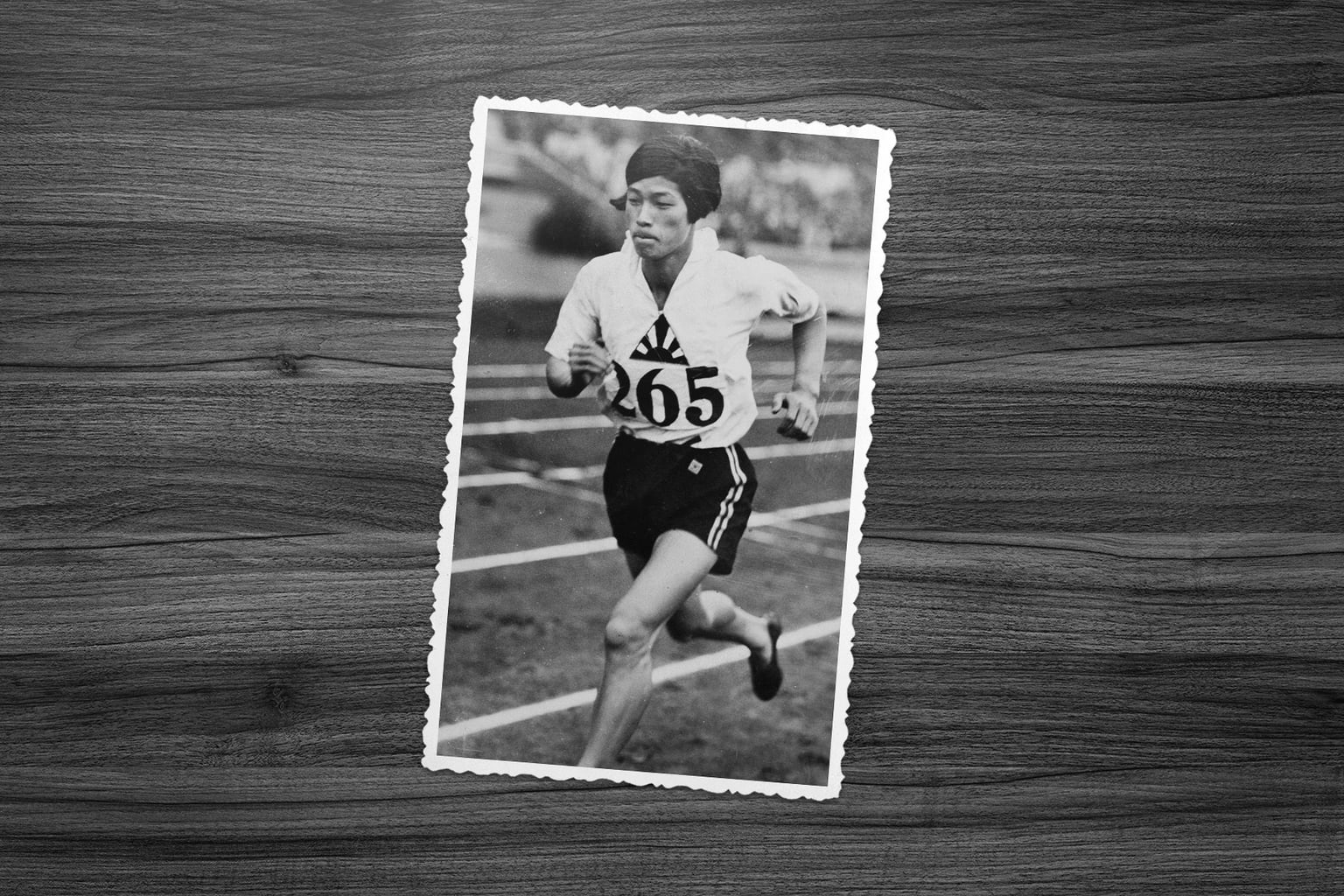
5. Mikio Oda and Kinue Hitomi: A Historic Day in Amsterdam
Japan’s, and indeed Asia’s, first ever gold medal at the Summer Olympics came in Amsterdam from Mikio Oda in the men’s triple jump on August 2, 1928. Japanese athletes also topped the podium in the same discipline at the following two Games. Being the continent’s maiden Olympic champion, you’d have thought Oda’s achievement would have been widely celebrated. However, according to the man himself, there was little fanfare on his return. There was a welcoming party at a restaurant in his hometown in Hiroshima, but that was about it.
“When I won, I didn’t become a star,” he told Asahi Shimbun journalist Kazuo Chujo. “Only some people acknowledged it as a wonderful achievement.”
On the same day that Oda topped the podium, Kinue Hitomi won a silver medal on the track in the 800 meters. Japan’s first ever female Olympian, she appeared in the 100 meters first, but was disappointingly eliminated at the semi-final stage despite having broken the world record two months prior. She was then given the green light to enter the 800-meter race, a distance she’d never competed at before. She finished with a time of 2:17:6, less than a second behind Germany’s Lina Radke.
Returning to Japan, Hitomi had to answer inappropriate questions about her weight and whether she was really a woman.
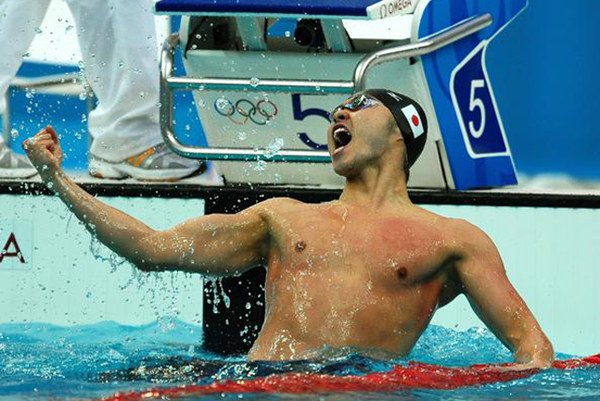
6. Kosuke Kitajima: Cho Kimochi Ii
After Oda, Japan’s second Olympic gold medal came in the pool from Yoshiyuki Tsurata, who topped the podium in Amsterdam and in Los Angeles again four years later.
With 24 golds in total, swimming is the nation’s fourth most successful sport at the Summer Games behind judo, wrestling and gymnastics. Two of the most impressive triumphs came from Kusuo Kitamura and Kyoko Iwasaki, who were both just 14 when they won. The county’s most memorable moment in the pool, though, arguably belongs to Kosuke Kitajima. At the 2004 Athens Games, all eyes were on his battle with world record holder Brendan Hansen from the United States in the 100-meter breaststroke final.
In the first semi-final, Kitajima broke the Olympic record, but then saw it lowered again by the American in the second. Just 0.17 seconds separated the pair in the final, with the Japanese man narrowly edging out Hansen. He was fortunate, though, to escape punishment for an illegal dolphin kick.
After the race, Kitajima let out a huge scream before saying, “Cho kimochi ii” (“I feel so good”) to a reporter, a phrase that was named the buzzword of the year. He also topped the podium in the 200-meter breaststroke, with Hansen in third. Four years later in Beijing, Kitajima repeated his double-gold triumph from Athens.
7. Naoko Takahashi: Japan’s First Female Track and Field Gold Medalist
For Japanese fans, the marathon has long been seen as one of the standout events at the Olympics. In the 20th century, however, the nation won gold in the 42-kilometer race just once — and that win, at the 1936 Berlin Olympics, came from Sohn Kee-Chung, an ethnic Korean who was only representing Japan because his country was under Japanese rule. The first athlete born in Japan to top the podium in the Olympic marathon was Naoko Takahashi at the Sydney Games in 2000. She was also the first non-judoka from Japan to win gold since teenager Iwasaki’s record-breaking victory in the pool in 1992.
It was an impressive achievement for a runner who only switched from the 5,000-meter competition to the marathon a couple of years prior. She won the race with a time of 2:23:14, breaking Joan Benoit’s Olympic record that had stood for 16 years. A week before the start of the Tokyo Olympics in 2021, a documentary exploring Takahashi’s journey was released titled The Distance.
“I wanted my life to mean something,” she said. “The most important thing was to ask myself, ‘Have I done enough for today? Do I have any regrets today?’ I asked myself those questions every day.”
Four year’s after Takahashi’s victory, Mizuki Noguchi became the second Japanese female athlete to win a track and field gold. Her triumph in Athens also came in the marathon.

